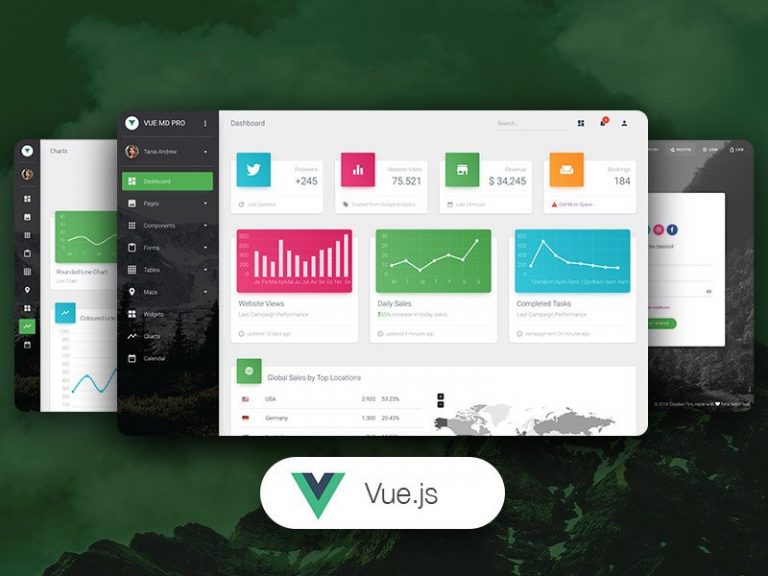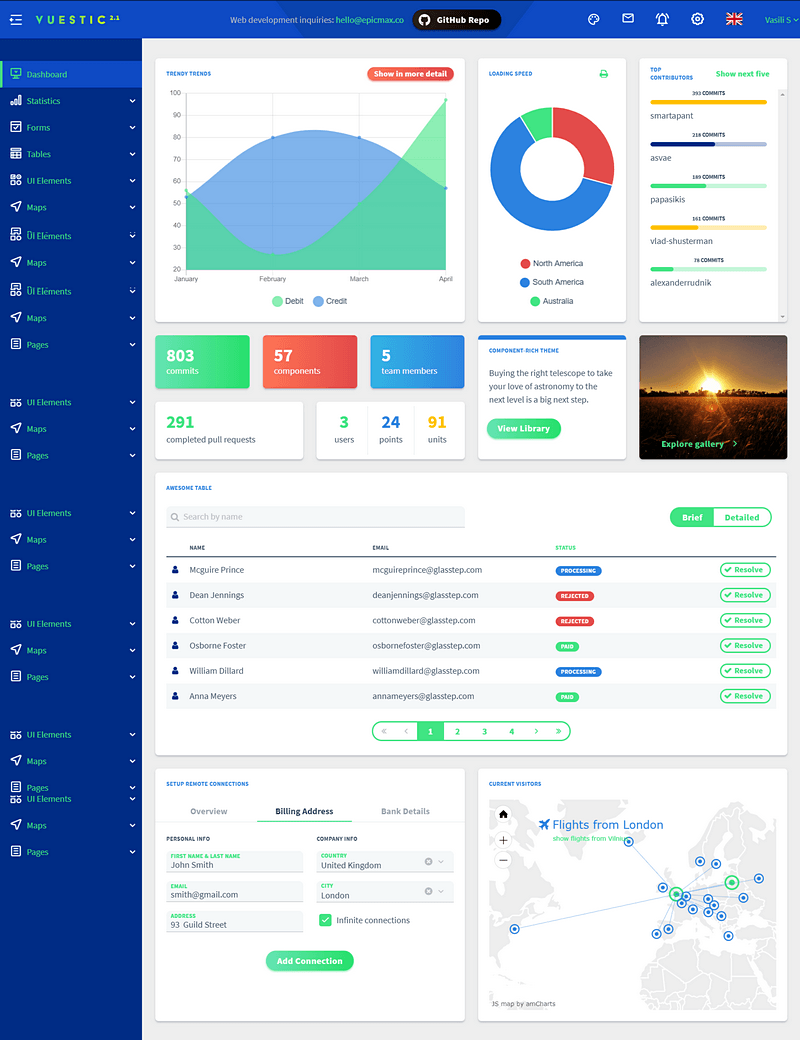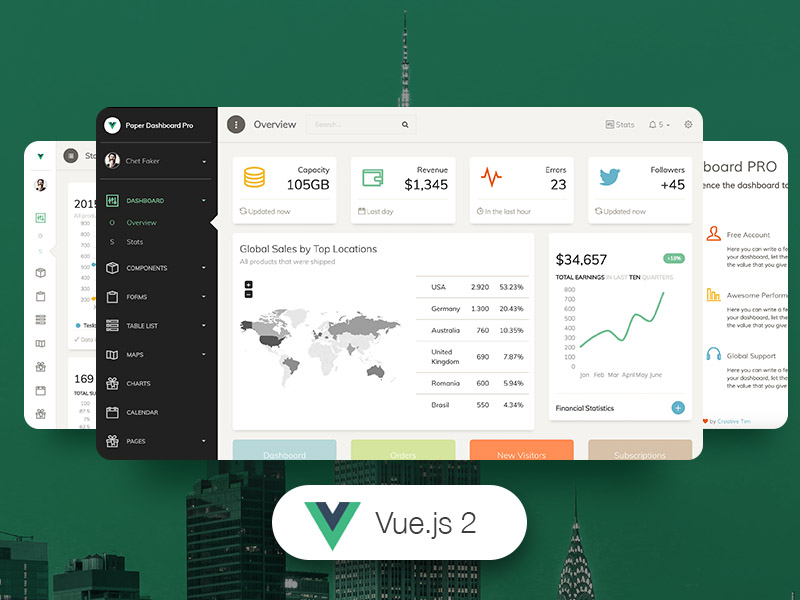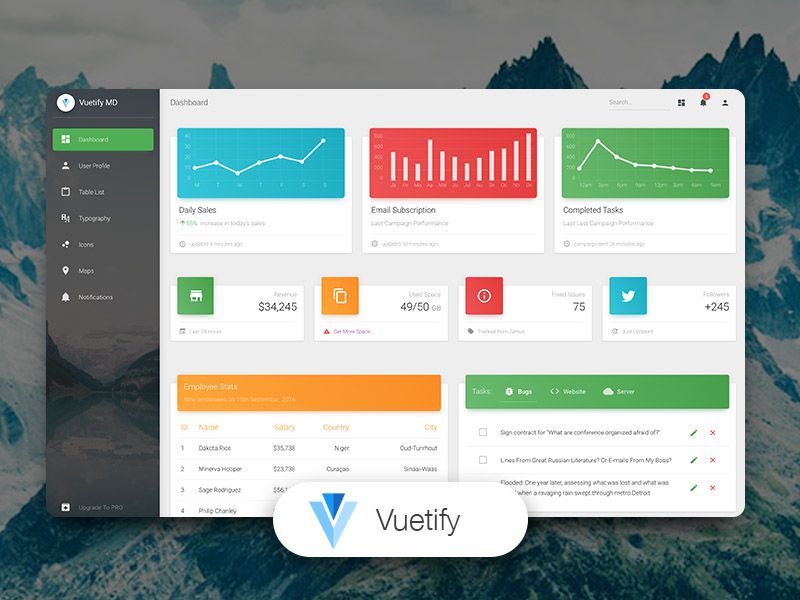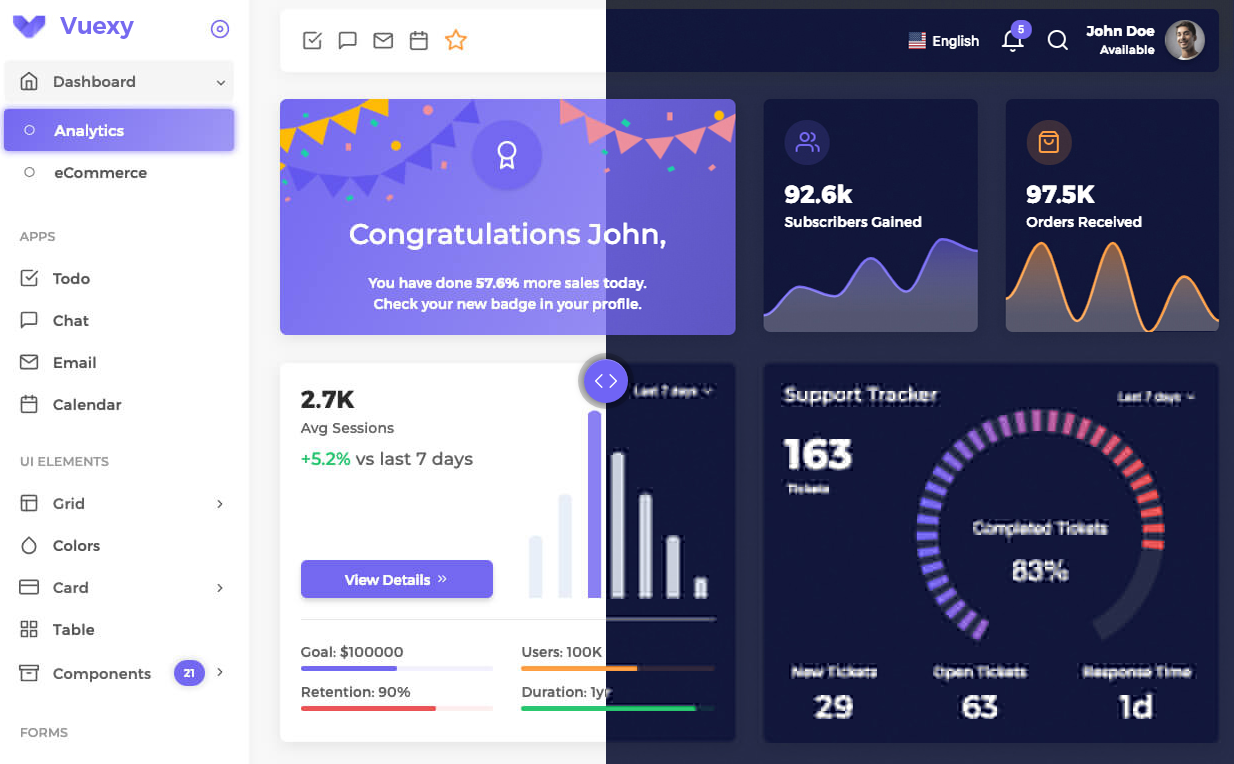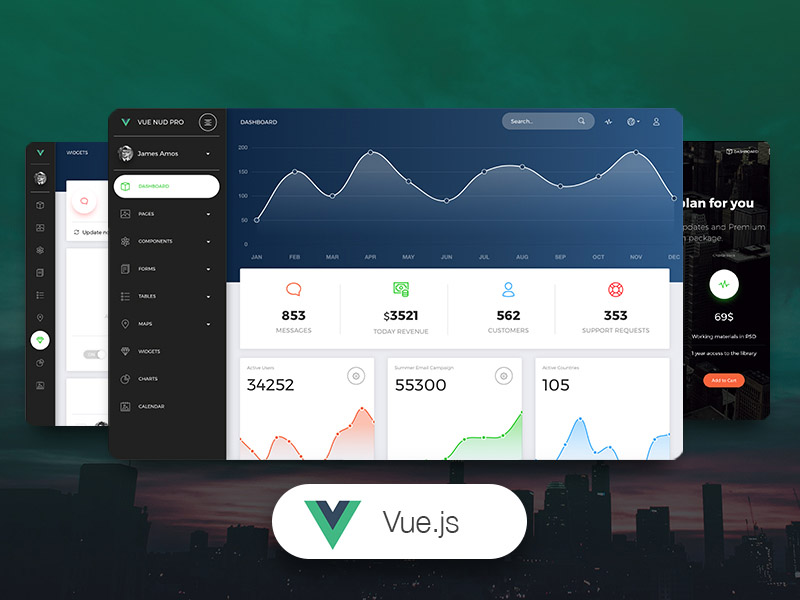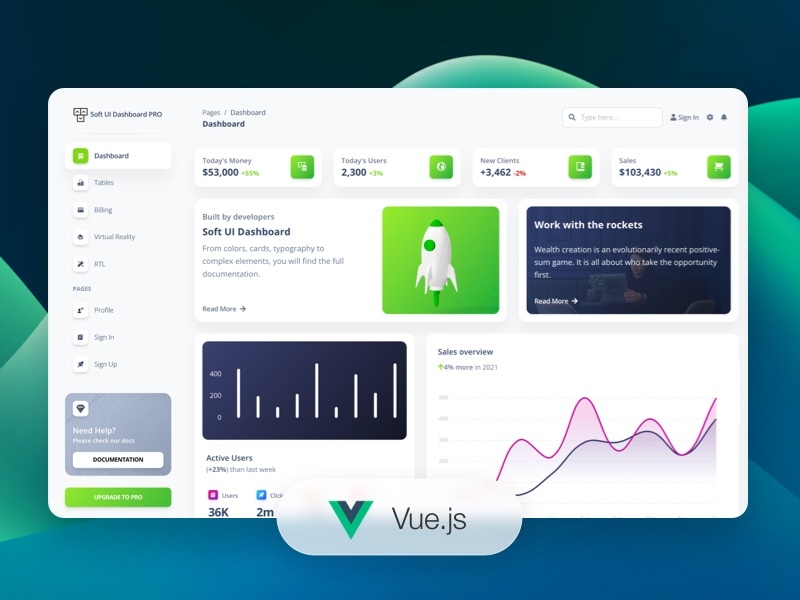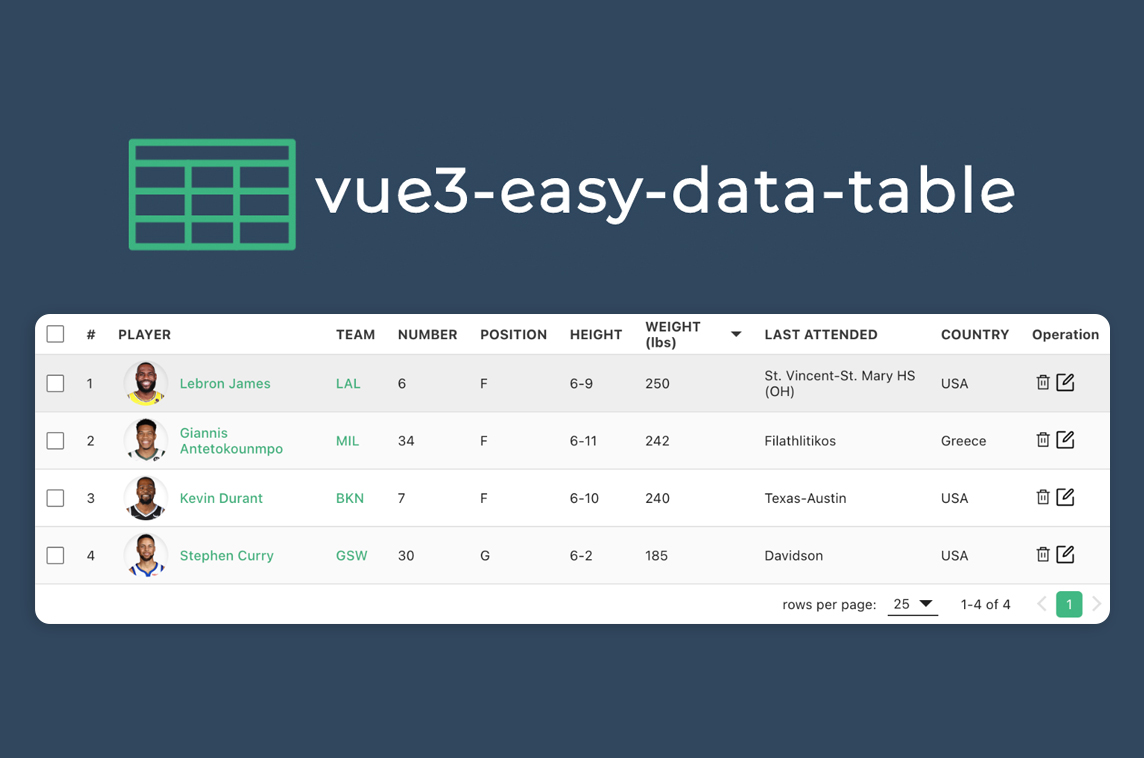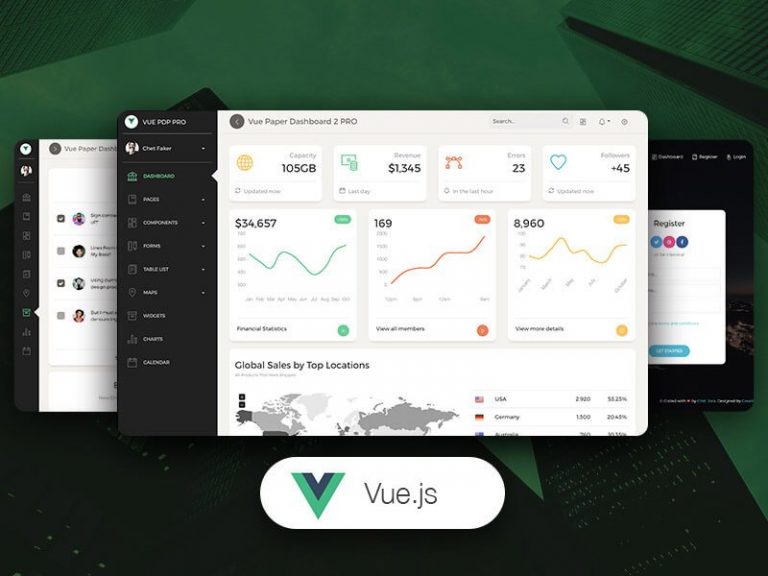Vue Js Access Data In Template
Vue Js Access Data In Template - Web if you’re a web developer, chances are overwhelming you’ve had to fetch data from an api at some point. We'll see 3 different ways of accessing a constant. Just create a ref (or computed) in your script section like this: Expressions in the parent template only have access to the parent scope; Web there are plenty of ways you can define a component template in vue. Methods called from a template should not have any side effects, such as changing data or triggering asynchronous processes. With this structure, we can easily access each component by reference from its parent like so: This gives and display the value in the browser. Optimize your vue.js applications with these best practices and methods for efficient global state handling Web slot content does not have access to the child component's data. This gives and display the value in the browser. Props are custom attributes that we can give to a component. Web there are plenty of ways you can define a component template in vue. But fixture.flatodds.data [0] is defined. Setup () { const count = ref ( 0 ) // expose the ref to the template return { count } } } I've the following code in my template. However, i need to obtain the value and store it in the data section of the instance. Web in editprofile.vue file, i want to access the data property namely default_country_code from an attribute in the template namely default_country_code. Web vuejs props are the simplest way to share data between components. Having a data attribute in vue root instance and then using it in the template with the help of props in editprofile.vue file. Web vue components require explicit props declaration so that vue knows what external props passed to the component should be treated as fallthrough attributes (which will be discussed in its dedicated section). I can achieve it by using props i.e: Just create a ref (or computed) in your script section like this: Expressions in the child template only have access to the child scope. In this article, we'll go through examples of each and address the pros and cons so you know which one is the best to use in any particular situation. Expressions in vue templates can only access the scope it is defined in, consistent with javascript's lexical scoping. Web it's convenient to group data into nested object properties. Web if you’re a web developer, chances are overwhelming you’ve had to fetch data from an api at some point. Web if the methods totitledate or formatdate access any reactive data then it will be tracked as a rendering dependency, just as if it had been used in the template directly. Props are custom attributes that we can give to a component. Web it's convenient to group data into nested object properties. <<strong>a</strong> href=# class=.>{{ fixture.flatodds.data[0].market_id }}</a>. All vue templates are syntactically valid html that can be parsed by spec. Web while vue's declarative rendering model abstracts away most of the direct dom operations for you, there may still be cases where we need direct access to the underlying dom elements. Luckily,. If i click on a button it should add another array of data into a components variable. Web in editprofile.vue file, i want to access the data property namely default_country_code from an attribute in the template namely default_country_code. Web i am fairly new to vue and can't figure out how to add data values within a template. Web if the. And if you’re using the vue framework, you might be wondering how to fetch data and save it inside a vue component. Luckily, this is very easy to do with the native fetch api. Web there are plenty of ways you can define a component template in vue. Web in vue 3 + vite + typescript, i did not need. Web for example, if you are trying to allow custom templates in a container while still retaining access to those containers’ data properties, you will want to use a scoped slot. Web in vue 3 + vite + typescript, i did not need to use globalproperties or any other magic. By doing this, we don't have to collect properties from. Web i am fairly new to vue and can't figure out how to add data values within a template. As in the following example, var demo = new vue({. Web if the methods totitledate or formatdate access any reactive data then it will be tracked as a rendering dependency, just as if it had been used in the template directly.. Any environment variables defined in the.env file are directly accessible in the sfc. We'll see 3 different ways of accessing a constant. This gives and display the value in the browser. Web if the methods totitledate or formatdate access any reactive data then it will be tracked as a rendering dependency, just as if it had been used in the. Web if you’re a web developer, chances are overwhelming you’ve had to fetch data from an api at some point. Web vue components require explicit props declaration so that vue knows what external props passed to the component should be treated as fallthrough attributes (which will be discussed in its dedicated section). However, i need to obtain the value and. Expressions in the child template only have access to the child scope. However, i need to obtain the value and store it in the data section of the instance. As in the following example, var demo = new vue({. Having a data attribute in vue root instance and then using it in the template with the help of props in. Setup () { const count = ref ( 0 ) // expose the ref to the template return { count } } } Then, in our template, we can give those attributes values and — bam — we’re passing data. I am trying to build a very basic form builder. If i click on a button it should add another. Then, in our template, we can give those attributes values and — bam — we’re passing data. Web it's convenient to group data into nested object properties. Web in editprofile.vue file, i want to access the data property namely default_country_code from an attribute in the template namely default_country_code. Having a data attribute in vue root instance and then using it. Just create a ref (or computed) in your script section like this: All vue templates are syntactically valid html that can be parsed by spec. Web the easiest way to use a const in vue template is to add a local variable in the data() but we don't need that to be a reactive prop. To achieve this, we can use the special ref attribute: Web there are plenty of ways you can define a component template in vue. Web i'm having trouble accessing a data from an array using the index. Web the template is inlined as a javascript string here, which vue will compile on the fly. Any environment variables defined in the.env file are directly accessible in the sfc. But fixture.flatodds.data [0] is defined. Scoped component slots are a feature introduced in vue 2.1.0. Web in vue 3 + vite + typescript, i did not need to use globalproperties or any other magic. Web in editprofile.vue file, i want to access the data property namely default_country_code from an attribute in the template namely default_country_code. Setup () { const count = ref ( 0 ) // expose the ref to the template return { count } } } I've the following code in my template. As in the following example, var demo = new vue({. If i click on a button it should add another array of data into a components variable.21 Best Vue.js Admin Dashboard Templates (Free Download and Premium
The Best Vue Js Admin Template Dashboards For Develop vrogue.co
21 Best Vue.js Admin Dashboard Templates (Free Download and Premium
15+ Great Vue JS Examples and Templates by VueJS Expo
22 Best VueJS Admin Dashboard Templates in 2020
22 Best Vue.js Admin Dashboard Templates (Free Download and Premium
15 Best Vue.js Admin & Dashboard Templates in 2022
21 Best Vue.js Admin Dashboard Templates (Free Download and Premium
Vue 3 Templates
21 Best Vue.js Admin Dashboard Templates (Free Download and Premium
Then, In Our Template, We Can Give Those Attributes Values And — Bam — We’re Passing Data.
Web I Have A Value In My Template From An Parsed Object Prop Like This:
Web For Example, If You Are Trying To Allow Custom Templates In A Container While Still Retaining Access To Those Containers’ Data Properties, You Will Want To Use A Scoped Slot.
Optimize Your Vue.js Applications With These Best Practices And Methods For Efficient Global State Handling
Related Post:
